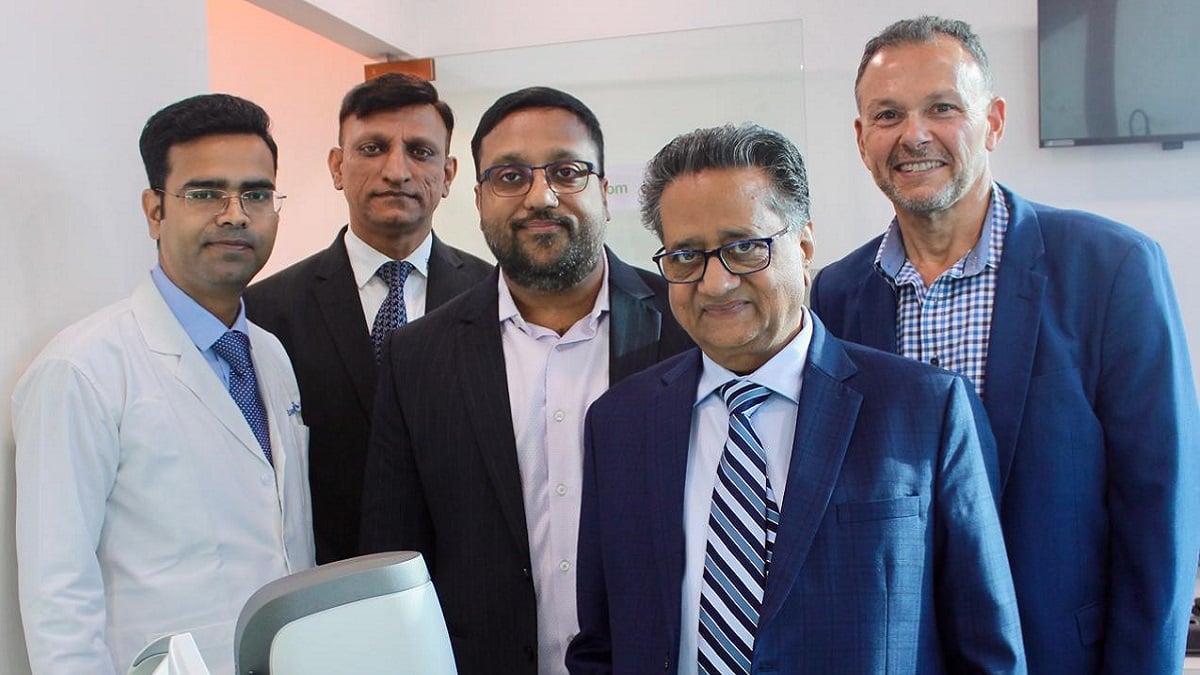Mumbai: Surya Eye Hospital has launched Western India’s first Oculus Myopia Master, an advanced diagnostic tool designed to track and manage myopia progression in children. The diagnostic tool was inaugurated during a Media Round Table dedicated to myopia management in children.
Studies have said that by 2030, 40% of Indian children will need spectacles due to myopia or nearsightedness. Globally, one in three children are affected, with its prevalence tripling to 36% between 1990 and 2023, highlighting its growing public health impact. Asia is projected to be most affected, with nearly 69% of the population at risk of moderate myopia by 2050.
To further raise awareness and support early detection, Surya Eye is also hosting a week-long free myopia screening camp at its Bandra and Mulund facilities from November 14 to 20, aligning with National Myopia Week. Given that a study found myopia prevalence among individuals aged 29 years and above in Maharashtra to be 15.3% and 17% in two population-based studies, these initiatives hold even greater significance in addressing this growing concern.

Myopia Master uses a contactless, painless approach to measure critical eye parameters, allowing for accurate monitoring and personalised treatment plans. The Myopia Master has been developed in collaboration with Germany and Australia.
Dr Vinod Goyal, Senior Ophthalmologist and Director at Surya Hospital said, “Myopia is a pressing global health issue that requires proactive intervention. Through initiatives like the launch of the Myopia Master, we aim to provide comprehensive, preventive care that improves outcomes for children affected by Myopia. We aim to detect and manage this condition early, giving every child a chance at clear, healthy vision.”
Dr Jay Goyal, LASIK and Retina Specialist and Director of Surya Eye Hospital, added, “We are proud to be early adopters of the Myopia Master in Western India. By providing a more accurate diagnosis and customized care plan, we can significantly reduce children’s dependency on glasses and minimise long-term risks, such as retinal detachment and glaucoma.”

